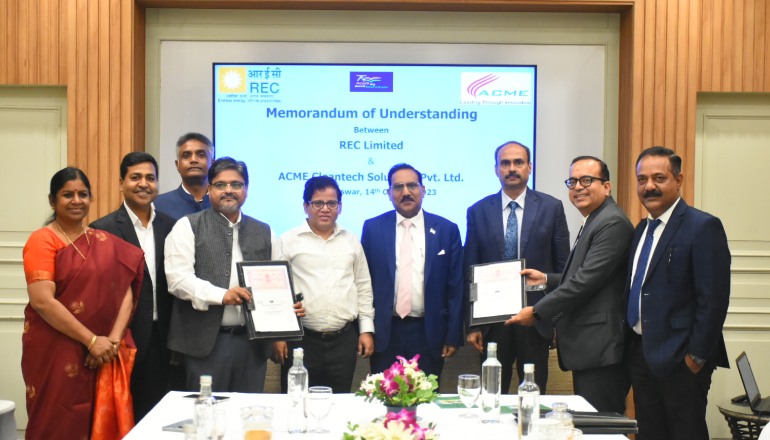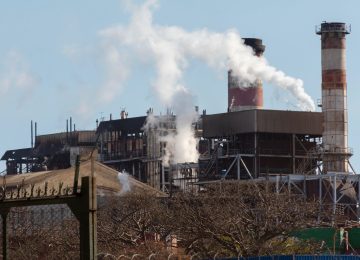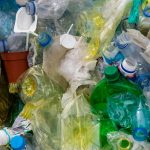Jindal Stainless, the third largest private steel producer, is working at reducing Scope 3 emissions. With this, the company is ready for European Union’s Cross Border Adjustment Mechanism (CBAM) for EU’s carbon tax.
While the company has made significant progress against its ESG metrics, it is preparing for EU’s carbon tax by reducing Scope 3 emissions.
As a first step, the company is brining all its suppliers on a common automated platform. It has recruited an external agency to train the suppliers about ESG and industry best practices.
Secondly, the 95 percent scrap-based organization which has made significant investments in renewable energy, is now eyeing hydrogen power in lieu with its commitment to Net Zero by 2050.
The company reduced 1.4 LT CO2 in FY22 through various initiatives including a switch from a thermal energy-intensive manufacturing setup to renewable energy alternatives such as solar & wind power, Green Hydrogen and usages of bio-fuels as part of our decarbonization initiatives, the company said in its ESG report.
Additionally, the company is deploying energy-efficient measures, process reconfiguration, adopting and investing in circular economy principles, improving material efficiency, fleet decarbonization, investing in low-carbon emission technologies for stainless steel production to reduce emissions in line with Science Based Target initiative (SBTi).
According to reports, the steel industry is one of the most energy-intensive sectors in the world and accounts for almost 8-9% of global CO2 emissions. India’s steel production is expected to increase to 300 million tons in 2030, from 118 million tons in 2021. While production grows, the CO2 emissions from India’s steel sector is expected to triple by 2050.











